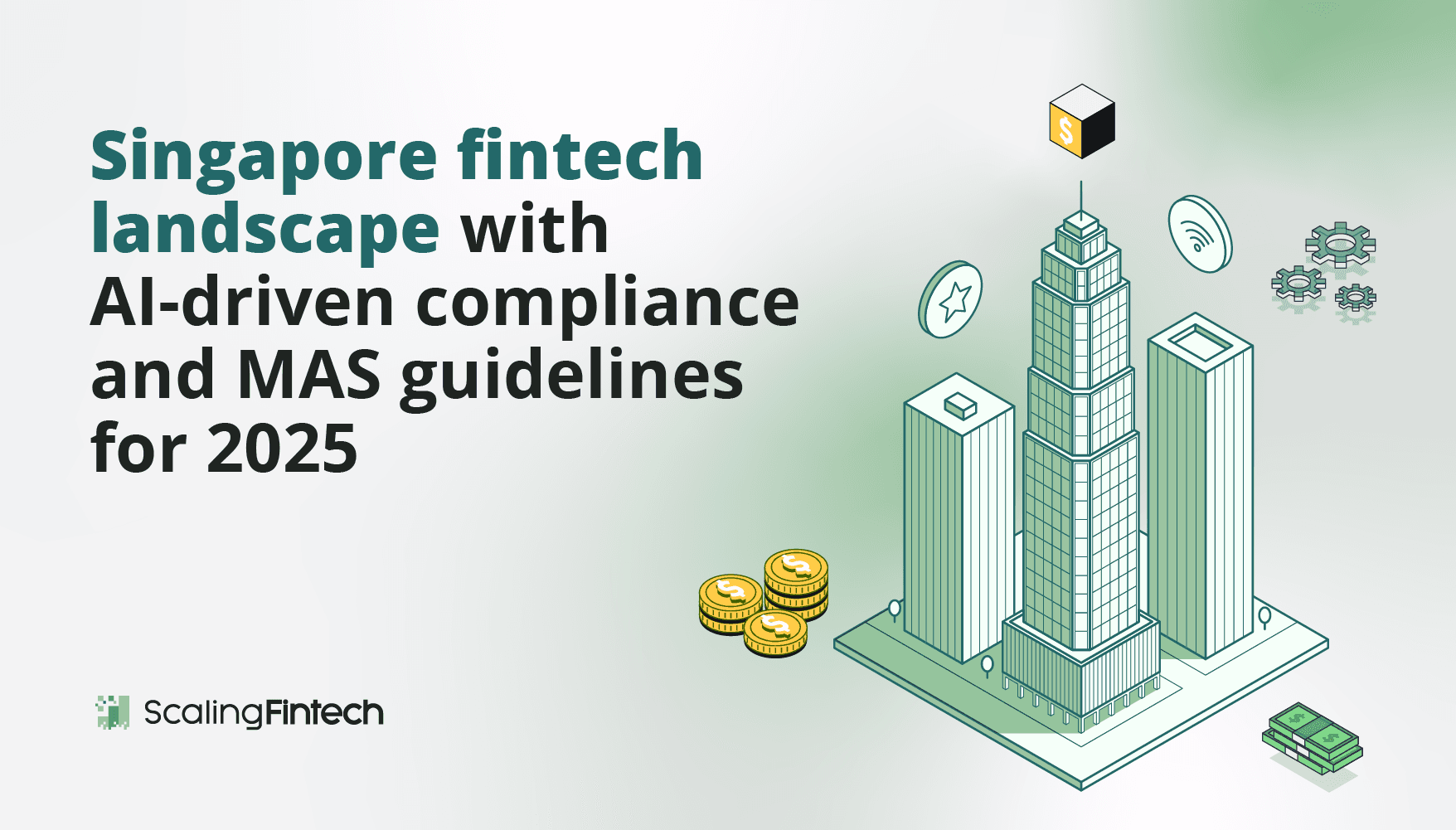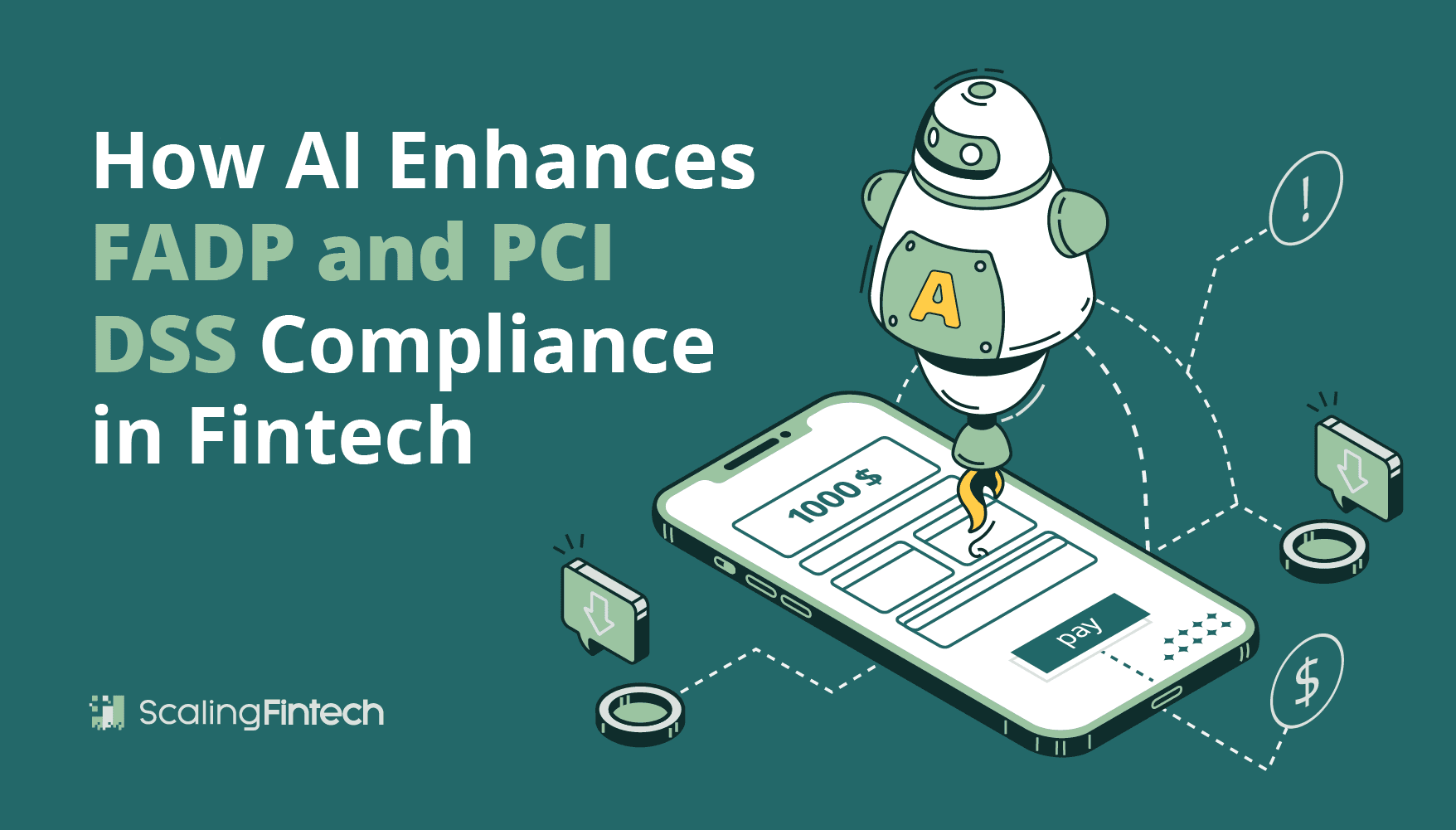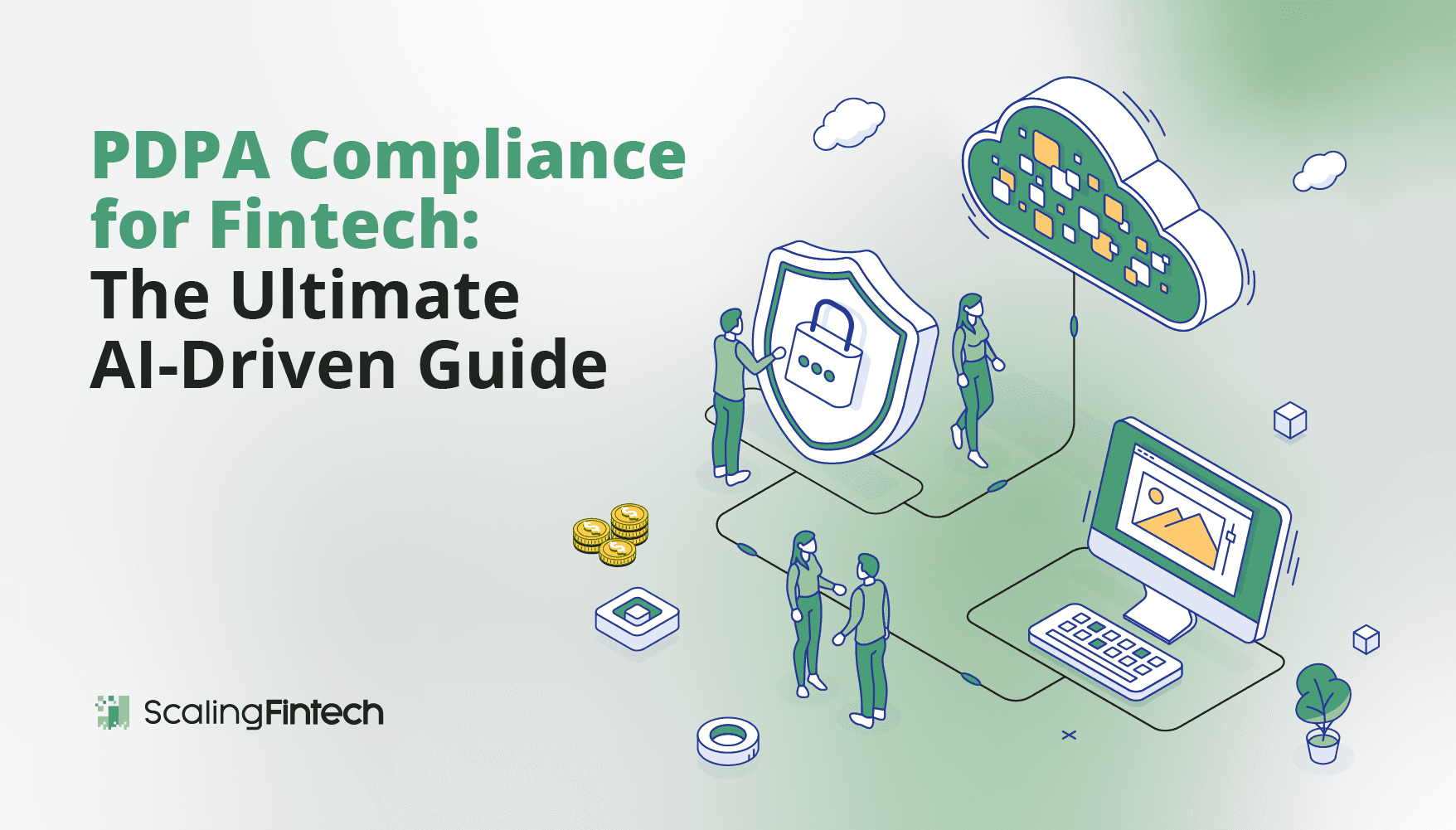Discover how fintechs can master MAS compliance in 2025 with AI-driven strategies. Learn to meet MAS guidelines. Also, enhance transparency and drive innovation n the thriving fintech in Singapore landscape.
Singapore’s fintech sector continues to flourish, boasting an impressive annual growth rate of 20%. However, as the industry grows, so does the complexity of regulatory requirements. The Monetary Authority of Singapore (MAS) plays a key role. It must balance fintech innovation with strong compliance measures. This will position Singapore as a Smart Financial Centre.
Fintech firms in Singapore must master key areas for MAS compliance in 2025. These are data privacy, algorithmic transparency, risk management, and consumer protection. This guide offers strategies, examples, and tools. Use them to keep your fintech compliant while innovating in blockchain, e-payments, and digital banking.
Overview of MAS Guidelines for 2025
What Are the MAS Guidelines and Why Do They Matter?
MAS regulations represent Singapore’s proactive approach to fintech regulation, encouraging innovation while safeguarding financial stability. These guidelines are essential for financial institutions leveraging technology to deliver financial services, including cryptocurrency exchanges and digital banking platforms.
The MAS also offers a Regulatory Sandbox, enabling companies to test innovative solutions in a controlled environment to minimize risks. This sandbox environment is particularly useful for sandbox crypto projects and other cutting-edge fintech innovations.
Key Compliance Areas for Fintech Companies
Your fintech should prioritize these critical areas:
- Technology Risk Management: Implement robust cybersecurity and data protection measures.
- Innovation Assessment: Showcase how your solutions address market gaps or improve consumer experiences.
- MAS reporting: Maintain transparent communication with MAS about AI usage and other technological implementations.
- Consumer Protection: Safeguard customer interests with robust measures, especially in e-payments and fund transfers.
Action Tip: Stay informed on updates to MAS guidelines, particularly those related to digital payment tokens and stablecoins, as they will introduce stricter requirements on value stability and consumer protection.
The Role of AI in MAS Compliance

Why AI is a Game-Changer for MAS Compliance
AI can transform compliance efforts by automating manual tasks, enabling real-time monitoring, and improving accuracy for financial institutions.
Key Benefits of AI in Compliance:
- Real-time detection of suspicious activities in transactions and cross-border transactions.
- Automated updates to regulatory policies across jurisdictions.
- Predictive analytics to identify emerging risks.
- Fraud detection with a 50% reduction in false positives.
- Faster and more accurate MAS reporting.
Example: HSBC implemented AI-driven anti-money laundering (AML) monitoring, resulting in quicker fraud detection and reduced compliance costs.
Challenges of Using AI for Compliance
Despite its advantages, implementing AI for MAS compliance comes with challenges:
| Challenge Area | Required Action | |
| Algorithmic Bias | Conduct regular bias audits and train models with diverse datasets. | |
| Model Transparency | Document decision-making processes and maintain detailed audit trails. | |
| Data Privacy | Ensure compliance with stringent encryption and data protection standards. | |
| Regulatory Alignment | Continuously update systems to reflect evolving MAS requirements and FEAT principles. |
Action Tip: Balance automation with human oversight to ensure AI decisions meet accuracy and accountability standards, especially in digital advisory services.
Best Practices for AI-Driven Compliance Under MAS Guidelines

1. Build Transparency into AI Systems
Transparency builds trust with regulators and customers, making it a cornerstone of compliance for financial institutions.
| Requirement | Implementation Strategy | |
| Decision Documentation | Record all AI-driven decisions with clear justifications. | |
| Audit Trails | Maintain logs tracking algorithm updates and model usage. | |
| Regular Testing | Conduct monthly reviews to assess AI performance and fairness. |
Pro Tip: Use explainable AI tools like SHAP (Shapley Additive Explanations) to simplify complex AI decisions for regulators and non-technical stakeholders.
2. Mitigate Algorithmic Bias
Algorithmic bias can lead to unfair outcomes, damaging compliance and reputation.
Key Steps:
- Perform bias audits regularly.
- Train models using diverse and representative datasets.
- Deploy real-time bias detection systems.
Example: PayPal reduced fraud detection bias by incorporating diverse datasets and continuous monitoring, achieving fairer outcomes in fund transfers and cross-border transactions.
3. Strengthen Data Governance Practices
Robust data governance ensures compliance with MAS’s stringent standards, especially for financial institutions dealing with sensitive customer data.
Best Practices:
- Encrypt sensitive data during storage and transmission.
- Develop a data breach response plan to address potential leaks.
- Regularly validate data quality and implement automated checks for accuracy.
4. Leverage RegTech Solutions for MAS Compliance
RegTech simplifies compliance. It automates repetitive tasks and offers advanced analytics. These are crucial for following the Payment Services Act 2019.
Key Features of RegTech Solutions:
- Real-Time Monitoring: Continuous surveillance of transactions and activities.
- Automated Reporting: Streamlined generation of regulatory documents for efficient MAS reporting.
- Predictive Analytics: Early identification of potential compliance breaches.
Example: MAS’s Sandbox Plus initiative lets fintech firms test innovative AI solutions under relaxed rules. It’s like the FinTech Regulatory Sandbox.
Case Studies: Success Stories in MAS Compliance
Leading Fintechs Excelling in Compliance
- SmartOSC: It used AI to make its e-payment and banking solutions compliant.
- Mogo: Used AI to enhance its PEPs screening. It improved efficiency and reduced risks in cross-border transactions.
Lessons Learned from Non-Compliance Cases
| Company | Penalty | Cause | |
| DBS | SGD 3.47 million | Poor customer due diligence processes. | |
| OCBC | Fined for ownership verification lapses. | Failure to verify ownership structures effectively. |
Action Tip: Regular audits and strong data governance can help avoid costly penalties and reputational damage, especially for financial institutions dealing with digital payment token services.
Preparing for MAS Compliance in 2025 and Beyond
Emerging Trends in MAS Compliance
- Real-Time Monitoring: Continuous AI-powered oversight.
- Cross-Border Collaboration: Increasing alignment with international regulatory standards.
- Automated Reporting: Improved accuracy and reduced compliance costs.
Proactive Steps for Future-Ready Compliance
- Implement adaptive frameworks powered by AI for continuous monitoring.
- Engage with MAS innovation programs like Sandbox Plus and Project Ubin.
- Use predictive analytics to anticipate and mitigate compliance risks.
- Stay updated on initiatives like the Veritas initiative for responsible AI adoption.
How Scaling FinTech Can Help with MAS Guidelines Compliance

Scaling FinTech specializes in creating MAS-compliant advertising solutions, helping fintech companies in Singapore balance growth with regulatory adherence.
Why Choose Scaling FinTech?
- Precision: Customized campaigns aligned with MAS standards and FEAT principles.
- Transparency: Real-time reporting for accountability.
- Client-Centric Growth: Maximizing ROI while ensuring compliance with MAS regulations.
Get Started Today: Schedule a consultation with Scaling Fintech to see how we can help your fintech excel in compliance and innovation within the Singapore Financial Data Exchange ecosystem.
Conclusion
Fintechs must comply with MAS guidelines to succeed in Singapore’s competitive market. Fintech firms in Singapore can use AI and RegTech tools. They can then comply with rules and innovate in blockchain, digital banking, and crypto.
Begin your journey today. Embrace transparency and improve data governance. Prepare for future regulations in the fast-changing Singapore fintech ecosystem.

FAQs
1. What is the Monetary Authority of Singapore (MAS)?
MAS is Singapore’s central bank and financial regulator. It oversees banking, insurance, and capital markets, as the Act states, as outlined in the Monetary Authority of Singapore act.
2. Why are MAS guidelines essential for fintech companies?
MAS guidelines ensure fintech innovation protects consumers and their data. It must also support financial stability. This is crucial to keep Singapore a Smart Financial Centre.
3. How can AI simplify MAS compliance?
AI automates monitoring, reporting, and risk management, reducing costs and improving accuracy for financial institutions in areas like AIDA adoption.
4. What is the MAS Regulatory Sandbox?
The MAS sandbox lets fintech firms test new solutions. They can do this under regulatory guidance in a controlled environment. It’s like a sandbox for crypto projects.
5. How does RegTech help with compliance?
RegTech automates key processes. It does real-time monitoring, reporting, and risk prediction. This helps to comply with MAS regulations and the Payment Services Act 2019.
6. How can Scaling FinTech support MAS compliance?
Scaling FinTech offers AI-driven solutions to help FinTech firms meet MAS requirements. They aim to maximize growth in the Singapore FinTech ecosystem.




